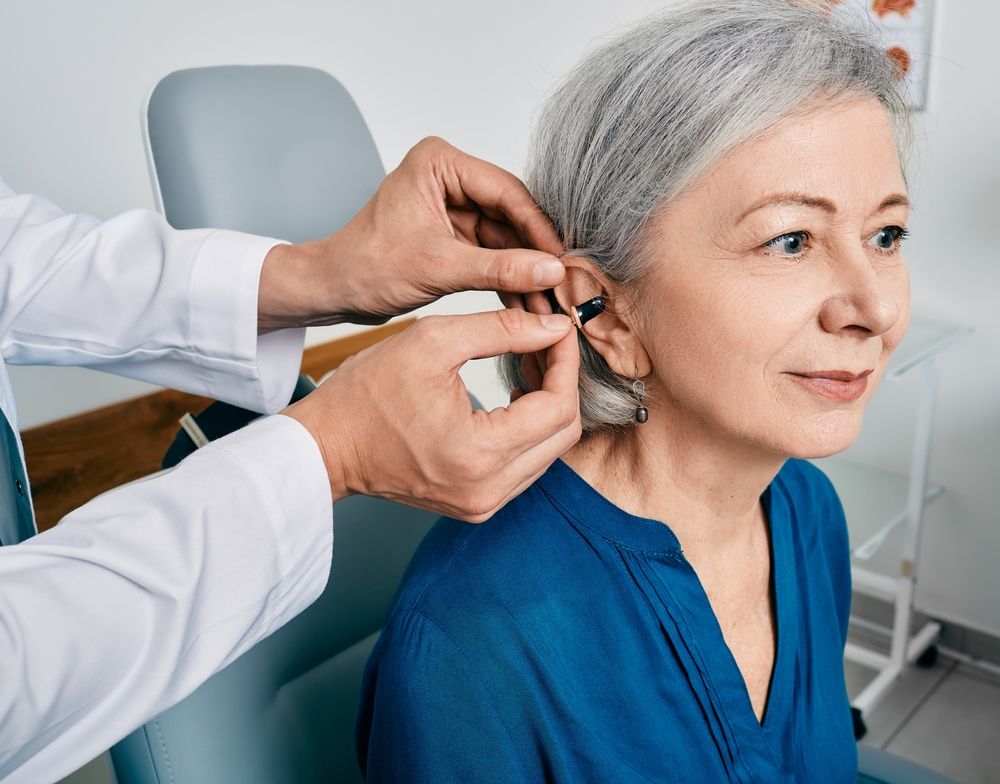
Getting fitted with hearing aids for the first time can be both thrilling and a little frustrating. Whether you’re eager to enjoy discussions more clearly, reconnect with loved ones, or simply hear the world around you again, it’s a big step toward better hearing health. But similar to any new experience, it’s normal to have questions, particularly about how hearing aids will feel and how long it might take to adjust.
Lots of first-time users are not sure what to expect. Will the devices feel bulky or awkward? Will everyday sounds seem too loud? Will it take long to get used to them? These apprehensions are common, but with the correct support and a bit of patience, most individuals find that hearing aids become a worry-free and essential part of daily life.
Let’s delve into what to expect during the adaptation period and how you can make the transition as smooth as possible.
What you can expect during the initial period of adaptation
Do hearing aids cause discomfort? At first, they might take some getting used to, especially if you’re not accustomed to having objects in your ears. Just like wearing a new pair of glasses or adjusting to a watch, it takes time for your brain and body to adapt.
You will notice the most significant changes in two primary areas in the initial weeks of using the product.
Bodily feeling
You may experience a sensation of discomfort or strangeness in your ear initially. It is standard and common for many experts in hearing health to recommend a progressive strategy to using the device, starting with a few hours every day and slowly extending the time.
A bit of discomfort is okay, but pain isn’t. If you experience discomfort or pain from your devices, reach out to your hearing care specialist right away. They can fine-tune the fit or try a different style better suited to your ear shape.
Perception of sound
Experiencing everyday sounds that were previously unheard can be one of the most unanticipated facets of adapting to a new environment.
The thrum of the refrigerator, birds outside your window, or your own footsteps might seem amplified initially. This is because your brain is figuring out how to deal with a wider range of sounds again.
While it might seem like a lot to process, your brain will progressively adapt to disregard insignificant sounds in the background and focus on important things like voices and music. Your auditory system is basically redressing and adapting to new sounds.
Recommendations for enhancing the comfort and effectiveness of hearing aids
The good news is that there are a number of approaches to help you feel more comfortable and confident while adapting to your new hearing aids:
1. Begin slowly
Don’t feel pressured to use your hearing aids all day right away. Begin with one to four hours a day, particularly in quieter settings like your home.
Progressively increase as you become more comfortable with the feel and sound of the hearing aids.
2. Practice makes perfect
To help your brain adjust, use your hearing aids while engaging in stimulating activities. Listening to audiobooks while reading along or watching movies with subtitles can help strengthen speech recognition and boost your listening skills in an enjoyable and engaging way.
3. Keep communicating with your audiologist.
Fit and performance go hand-in-hand. If something doesn’t seem right, whether it’s how the device fits in your ear or how the sound is being handled, don’t wait. Your audiologist can calibrate your hearing aids and offer recommendations for improved outcomes. In some cases, a custom-fit hearing aid might be the best approach for your distinct ear shape and requirements.
Discovering a new world of sound
You can expect a brief transition time as you get used to using your hearing aids. Through regular wear, persistent maintenance, and guidance from your audiologist, your new hearing aids will rapidly become an essential part of your daily life.
Instead of concentrating on the gadget, you will redirect your focus towards the pleasure of enhanced conversations, natural sounds, music, and routine social exchanges.
The trick is patience, practice, and remaining proactive about your comfort. Before long, your hearing aids will not only improve how you hear, but also how you live.